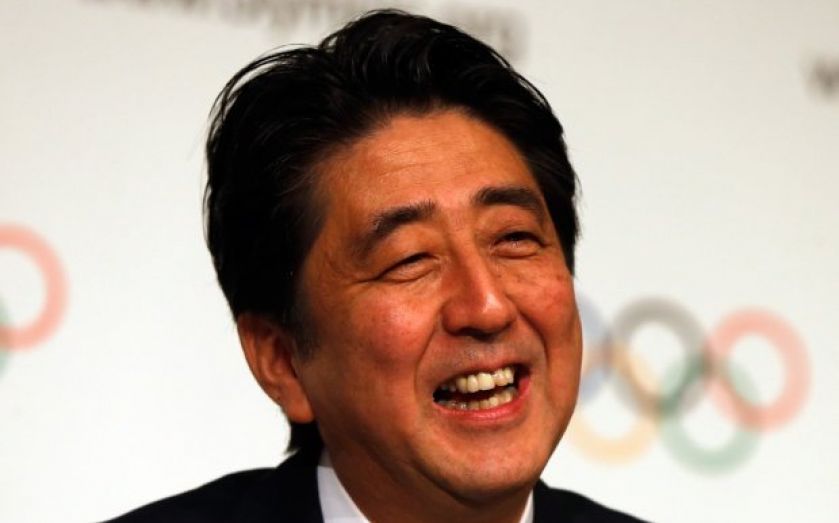| Updated:
How hard will Japan’s sales tax hike hit growth?

In March, I said that it could be the most important economic event this year. But how has Japan's sales tax hike gone so far?
Japan has effectively created a fiscal shock, providing its own test of the ability of monetary policy to offset the impact.
Noah Smith, who was initially skeptical of Japan's new Prime Minister, has revised his view and now says that Abe is the most effective national leader in the world – crediting him with following Milton Friedman's advice. The Telegraph's Ambrose Evans Pritchard is similarly bullish about the prospect of long-term or perpetual quantitative easing (QE).
So far, views on Japan’s economic performance this year are split into two camps – Naohiko Baba of Goldman Sachs is a good example of the first view:
We estimate that real GDP will contract by over four per cent in the second quarter as rush demand to beat the consumption tax hike drops out. Real wages have fallen markedly amid sluggish nominal wages, the higher tax burden on households, and rising consumer prices. This could dampen consumer sentiment and negatively affect domestic demand over 2014 as a whole.
That fits relatively closely with the data we have so far – Japanese retail sales dropped 4.4 per cent in April, following a spike ahead of the tax hike.
The second view is that of Genzo Kimura, an economist at Sumitomo Mitsui Trust Bank, one of the country’s largest asset managers. He believes that the tax hike is effectively a hiccup, a brief interruption which will be incapable of making much of a dent in the country's economic momentum.
Most importantly, the country's consumer price inflation and future expectations for inflation are now north of zero. Japan's central bank governor, Haruhiko Kuroda, is resolute in his commitment to continue QE until inflation reliably reaches two per cent. Even after the tax hike, Japanes consumers still overwhelmingly expect prices to continue rising.

Kimura suggests that the trend is real and set to continue. And a result, real interest rates have plunged into negative territory – cash is no longer king, as he puts it. Japan’s GDP deflator is now out very narrowly positive, for only the second time since the late 1990s.
Firms now have a real incentive to invest, and if the first-quarter’s 7.6 per cent (revised up from 4.9 per cent) bounce in corporate capital spending is anything to go by, they are doing so.

Kimura believes that the negative impact of the sales tax hike has been overblown. Sales surged just ahead of the increase, and dropped afterwards, as expected. After the 1997 tax hike, consumption returned to pre-increase levels after about six months. With a range of supportive policy, consumption could begin to recover as soon as this month or next.

While many Japanese people associate the sales tax 17 years ago with the downturn, Kimura says that without an external shock (like the 1997 Asian crisis) would be needed to produce the same effect.
The continued rally for Japanese equities will also be driven by Japan’s Government Pension Investment Fund (GPIF). Currently, 12 per cent of the colossal ¥120 trillion (£698bn) fund is allocated to Japanese shares – this is expected to be hiked to around 18-20 per cent, injection ¥3-4 trillion of demand into the country’s equity market.

In short, Kimura sees 2014 being a slightly more muted 2013 – with strong growth, rising equity prices and private investment firming up – whether or not it manifests itself, the economy's ability to grow through the tax increase will be a major post-crisis lesson for advanced economies around the world.